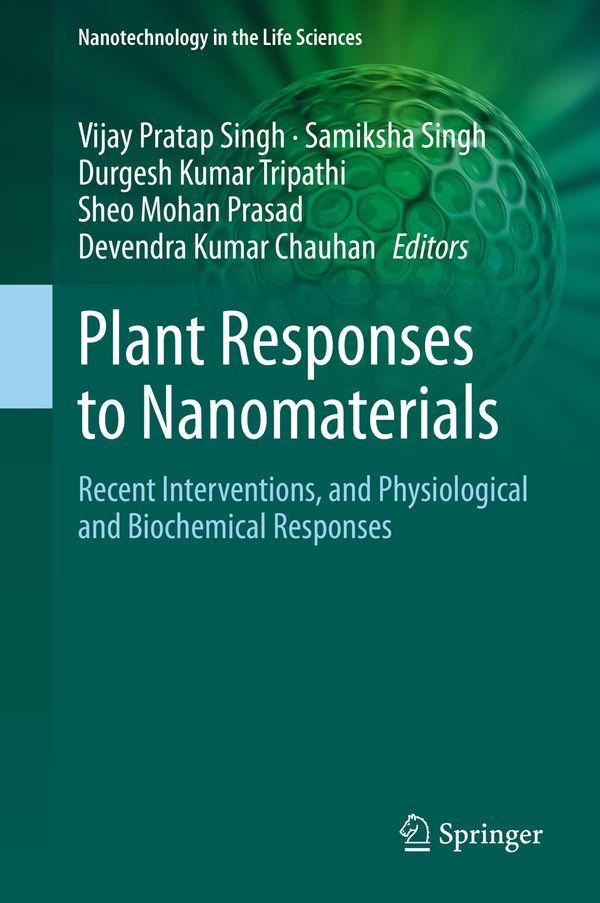
Plant Responses to Nanomaterials | 1:a upplagan
- Danskt band, Engelska, 2021
- Författare: Vijay Pratap Singh, Samiksha Singh
- Betyg:
Skickas inom 9-11 vardagar
Fler utgåvor
-
Nanotechnology in Medicine (2021)
1366 kr
-
Advanced Nanotechnology and Application of Supercritical Fluids (2020)
1468 kr
-
Nanosensor Technologies for Environmental Monitoring (2020)
1468 kr
Beskrivning
Nanotechnologyand nanoparticles (NPs) play important roles in sustainable development and environmental challenges as well. NPs possess both harmful and beneficial effects on the environment and its harboring components, such as microbes, plants, and humans. There are many beneficial impacts exerted by nanoparticles, however, including their role in the management of waste water and soil treatment, cosmetics, food packaging, agriculture, biomedicines, pharmaceuticals, renewable energies, and environmental remedies. Conversely, NPs also show some toxic effects on microbes, plants, as well as human beings. It has been reported that use of nanotechnological products leads to the more accumulation of NPs in soil and aquatic ecosystems, which may be detrimental for living organisms. Further, toxic effects of NPs on microbes, invertebrates, and aquatic organisms including algae, has been measured. Scientists have also reported on the negative impact of NPson plants by discussing the delivery of NPs in plants. Additionally, scientists have also showed that NPs interact with plant cells, which results in alterations in growth, biological function, gene expression, and development. Thus, there has been much investigated and reported on NPs and plant interactions in the last decade. This book discusses the most recent work on NPs and plant interaction, which should be useful for scientists working in nanotechnology across a wide variety of disciplines.
Produktinformation


